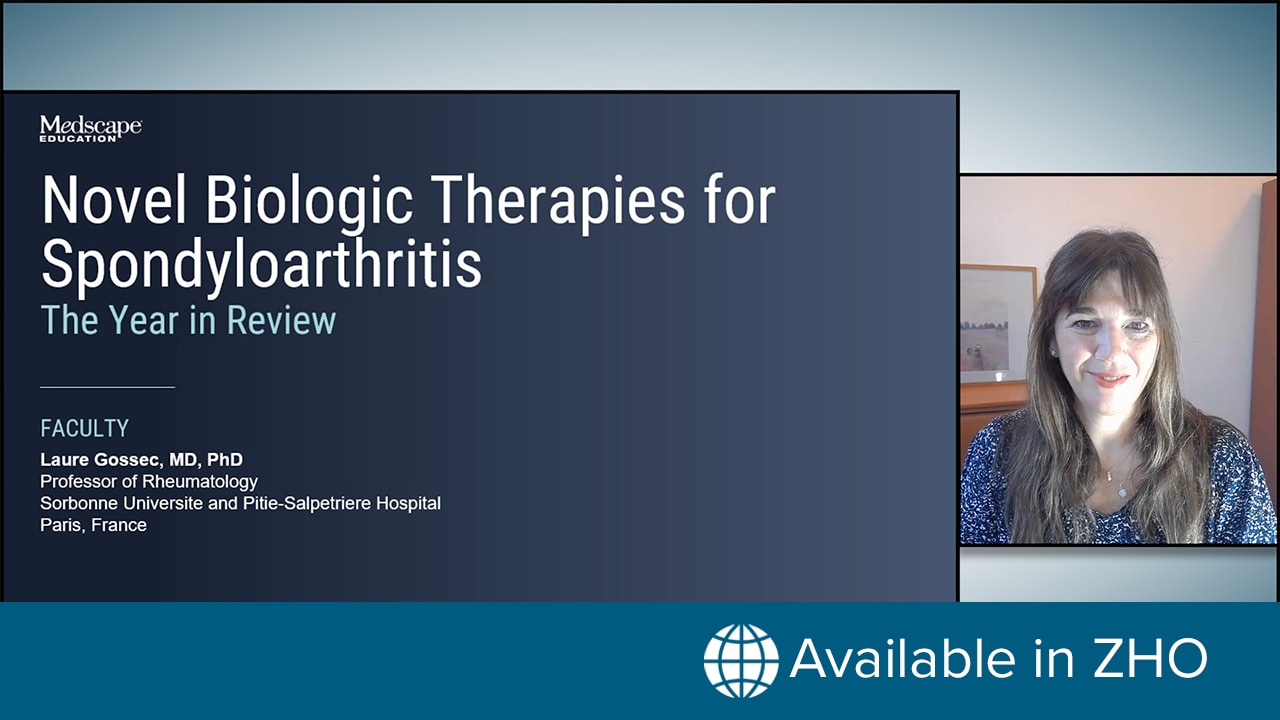| Test |
Cells/materials |
Goal |
| Blood contact properties |
| Analysis of hemolytic properties of NPs |
Normal human whole blood |
Colorimetric determination of hemoglobin released from red blood cells after NP exposure |
| Analysis of platelet aggregation |
Sodium citrate human whole blood |
Screening of potential anticoagulant or thrombogenic properties of NPs |
| Analysis of NP interaction with plasma proteins by 2D PAGE |
Sodium citrate human whole blood |
Evaluate protein adsorption on NPs that increases risk of opsonization by macrophages |
| Qualitative analysis of total complement activation by western blot |
Sodium citrate human plasma |
Qualitative determination of total complement activation by western blot analysis |
| Quantitative analysis of complement activation |
Sodium citrate human plasma |
Quantitative determination of complement activation by an enzyme immunoassay |
| Coagulation assay |
Sodium citrate human whole blood |
Assess the NP effects on plasma coagulation time |
| Cell-based assays |
| Mouse granulocyte macrophage colony-forming unit assay |
Hematopoietic stem cells |
Assess the effects of NPs related to myelosuppression |
| Leukocyte proliferation assay |
Human lymphocytes |
Measure NP effects on lymphocyte proliferation |
| Detection of nitric oxide production by RAW 264.7 macrophage cell line |
RAW 264.7 murine macrophages |
Measure effect of NPs on production of cytotoxic nitric oxide by macrophages |
| Measurement of NP effects on cytotoxic activity of NK cells |
NK92 cells/hepatocarcinoma HepG2 cells |
Study NP's effect on the cytotoxicity of NK cells |
| Analysis of NP effects on maturation of monocyte derived DCs |
Human peripheral blood mononuclear cells |
Measure NP effects on DC maturation in response to inflammatory stimuli, such as endotoxin |
| In vitro induction of leukocyte procoagulant activity by NPs |
HL-60 cells |
Assess the ability of NPs to induce leukocyte procoagulant activity |
| Oxidative stress |
| Hep G2 hepatocyte glutathione assay |
Hep G2 cells |
Analyze NP effects on reduced and oxidized glutathione |
| Hep G2 hepatocyte lipid peroxidation assay |
Hep G2 cells |
Analyze NP effects on formation of lipid peroxidation products such as malondialdehyde |
| Hepatocyte primary ROS assay |
Primary hepatocytes |
Measure NP effects ROS generation by fluorescence spectrophotometry |
| Cytotoxicity (necrosis and apoptosis) |
| Hep G2 hepatocarcinoma cytotoxicity assay |
Hep G2 cells |
Measure NP cytotoxic effects on liver cells by MTT and LDH release assay |
| Hep G2 hepatocarcinoma apoptosis assay (caspase 3 activation) |
Hep G2 cells |
Measure NP apoptotic effects (caspase 3 activation) on liver cells |
| Hep G2 hepatocarcinoma homogeneous apoptosis assay (caspase 3/7 activation) |
Hep G2 cells |
Measure NP apoptotic effects (caspase 3/7 activation) on liver cells |
| LLC-PK1 kidney cytotoxicity assay |
Porcine proximal tubule cells (LLC-PK1) |
Measure NP cytotoxic effects on kidney cells by MTT and LDH release assay |
| LLC-PK1 kidney apoptosis assay (caspase 3 activation) |
LLC-PK1 cells |
Measure NP apoptotic effects (caspase 3 activation) on kidney cells |
| Autophagy |
| Autophagic dysfunction in LLC-PK1 cells |
LLC-PK1 cells |
Evaluate NP effects on causing lysosomal dysfunction using lysotracker dye |
| Qualitative analysis of MAP LC3I to LC3-II conversion by western blot |
LLC-PK1 cells |
Evaluate NP effects on causing lysosomal dysfunction by immunoblotting |









